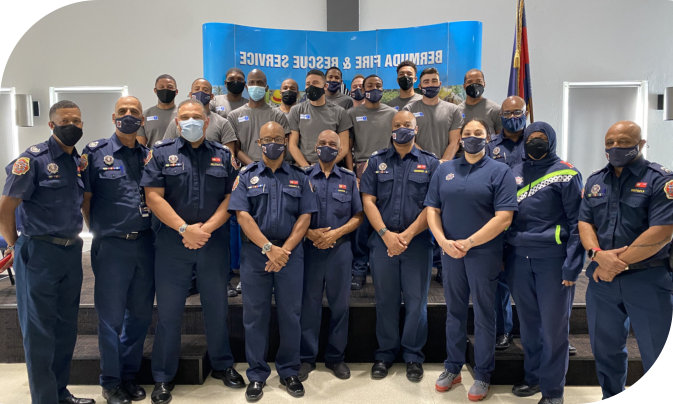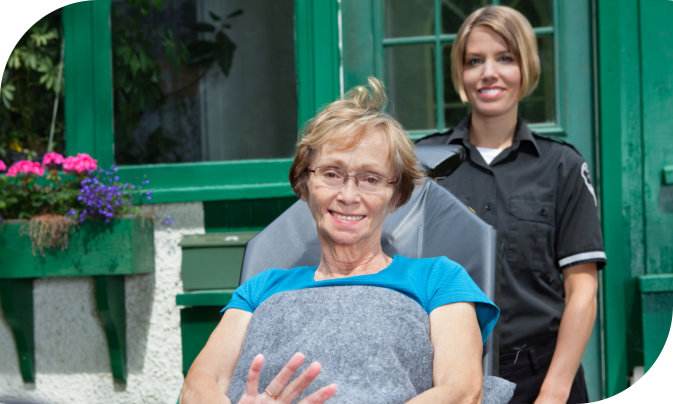
Post-Traumatic Stress Disorder (PTSD)
PTSD is a critical incident that can be defined as any event with a stressful impact — sufficient enough to overwhelm the usually effective coping skills of an individual. Critical incidents are abrupt, powerful events that fall outside the range of ordinary human experiences.
It is not a matter of “if” stress will occur, but “when.”
Providers should be taught how to prepare oneself when this beast rears its ugly head. We need to supply providers with the signs to be looking for so we can better prepare them for their job.
For many years, this has been a taboo subject and swept under the rug. Providers were told they would lose their jobs if they informed anyone they needed help dealing with the stress. Some providers have sat quietly and suffered for many years. While a number of providers have been lucky enough to manage their stress, others have not. Self-medicating with drugs or alcohol is, unfortunately, a common method for dealing with this issue. On the other extreme, some have committed suicide from the pressure.
When I speak with other providers, many say it’s the uniform that keeps the demons at bay. They feel a camaraderie with fellow providers, and are fearful of leaving this line of work because they won’t have the support from their co-workers who understand this issue.
One provider I spoke with said it’s like being a warrior. Once you have ceased to be one, the flashbacks become like reality. You are afraid to admit things are not okay.
Educating providers on this issue should be an on-going educational class. Even the most-seasoned providers know it’s okay to communicate they are not okay and to admit when they need help. Below are some common signs and signals of PTSD you should be on the lookout for:
Physical
- Elevated BP
- Nausea
- Profuse sweating
Cognitive
- Poor attention
- Poor decisions
- Poor problem solving
Emotional
- Anxiety
- Fear
- Intense anger
Behavioral
- Withdrawal/avoidance
- Inability to rest/sleep disturbances
- Anti-social acts
Understand these signs or symptoms can appear immediately after a stressful event, a few hours after an event, or even days or years after one. Please speak to a family member, co-worker, or a peer you trust if you need help.
Contributor: Charles Spirydowski EMT-B I/C



